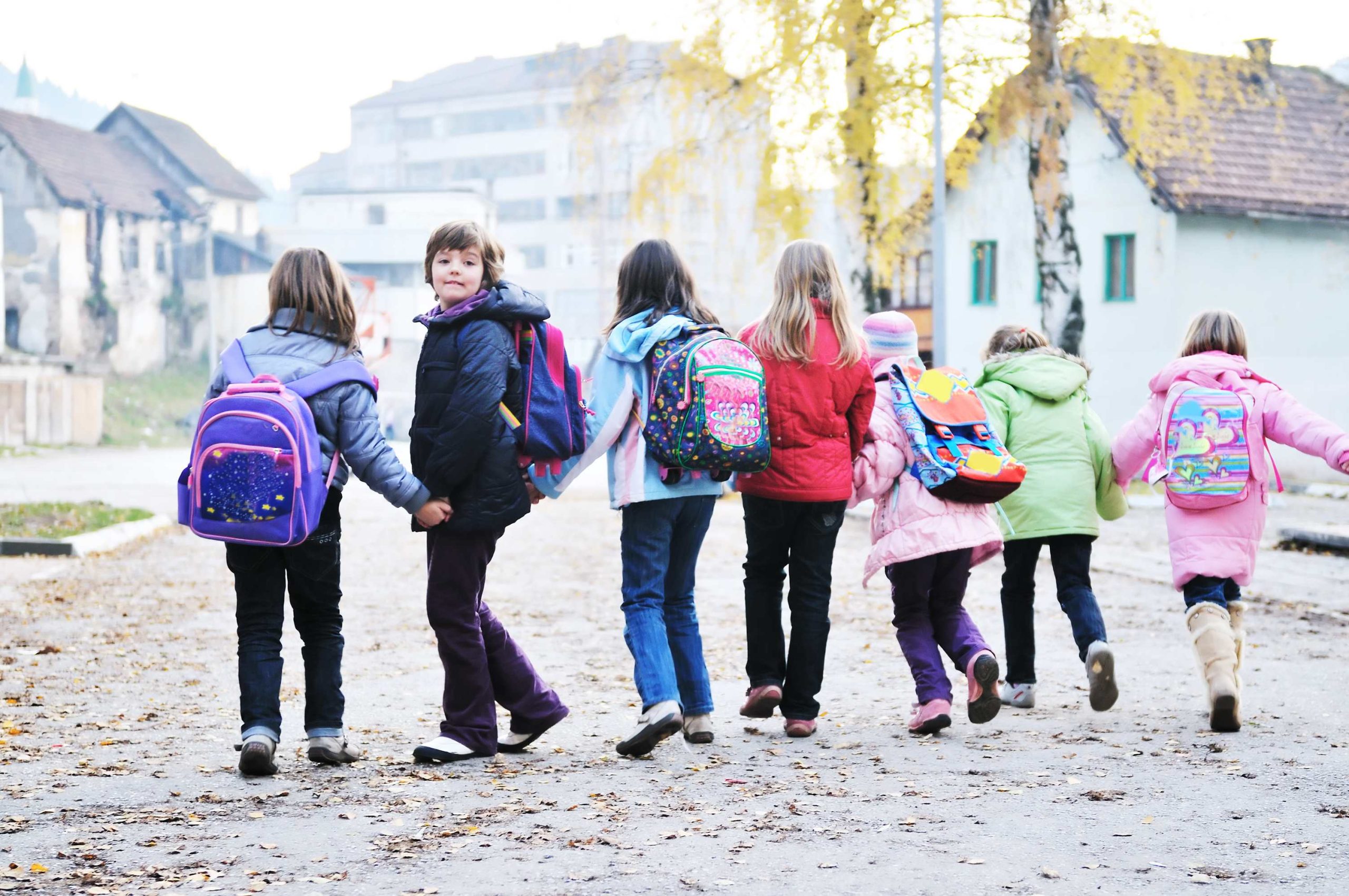
Transitioning to Kindergarten: Understanding the Importance of Transitional Kindergarten for Preschoolers
Introduction
For many preschoolers, the transition to kindergarten can be a daunting experience. However, with the introduction of transitional kindergarten (TK) programs, preschoolers can now benefit from a gradual transition that provides them with the tools and support they need to succeed.
The Importance of Transitional Kindergarten for Preschoolers
TK programs are designed for preschoolers who are too young to enter traditional kindergarten but are ready to begin their education journey. Typically, preschoolers who are eligible for TK are those who turn five years old between September and December. These programs offer a range of benefits for preschoolers, including the following:
Academic Preparation
TK programs are designed to help preschoolers develop the academic and social skills they need to succeed in kindergarten and beyond. This includes basic literacy and numeracy skills, as well as social-emotional development.
Personalized Support
TK programs are designed to provide personalized support to preschoolers, helping them develop their strengths and overcome any challenges they may face. This support can include individualized attention from teachers and support staff, as well as access to additional resources and materials.
Developmental Growth
TK programs also focus on promoting the overall developmental growth of preschoolers, including their physical, cognitive, and emotional development. This helps ensure that they are well-prepared for the academic and social demands of kindergarten.
What to Expect in a Transitional Kindergarten Program
If you are considering enrolling your preschooler in a TK program, it’s important to know what to expect. Here are some of the key features you can expect to find in a TK program:
Play-Based Learning
TK programs typically use a play-based learning approach, which encourages preschoolers to learn through exploration and discovery. This approach helps promote curiosity, creativity, and a love of learning.
Smaller Class Sizes
TK programs typically have smaller class sizes than traditional kindergarten classes, which allows for more individualized attention and support for each child.
Focus on Social-Emotional Development
TK programs also focus on promoting social-emotional development, which is essential for preschoolers’ overall well-being and success in school.
Curriculum Alignment
TK programs are designed to align with the kindergarten curriculum, which helps ensure that preschoolers are well-prepared for the academic demands of kindergarten.
Choosing the Right Transitional Kindergarten Program
If you are considering enrolling your preschooler in a TK program, it’s important to choose the right program. Here are some factors to consider when making your decision:
Program Goals
Look for a TK program that has clear goals and objectives for preschoolers, focusing on promoting academic, social, and emotional development.
Teacher Qualifications
Make sure the TK program has qualified and experienced teachers who are trained in early childhood education.
Curriculum and Activities
Consider the curriculum and activities offered by the TK program, ensuring they promote creativity, exploration, and learning.
Class Size and Ratios
Look for a program with smaller class sizes and lower teacher-to-student ratios for more individualized attention and support.
Parental Involvement
Choose a TK program that encourages parental involvement and communication to support your child’s learning.
Supporting Your Preschooler’s Transition to Kindergarten
While TK programs can provide valuable support for preschoolers as they transition to kindergarten, there are also steps parents can take to support their child’s transition. Here are some tips:
Build Independence
Encourage your preschooler to develop independence skills, such as dressing themselves and managing their own belongings.
Read Together
Reading with your child helps develop literacy skills, vocabulary, and comprehension.
Visit the School
Visit the school your child will attend to familiarize them with the environment.
Practice Routines
Practice kindergarten routines like packing backpacks and following schedules.
Build Social Skills
Encourage social interactions through playdates and community events.
The Benefits of Transitional Kindergarten for Communities
TK programs benefit not only individual preschoolers and families but also communities. Here are some ways TK programs benefit communities:
Educational Equity
TK programs promote educational equity by providing an additional year of education for preschoolers who may not have access to high-quality early learning opportunities.
Reduced Retention and Remediation
TK programs reduce the need for retention and remediation in later grades, saving communities money and resources.
Improved Outcomes
TK programs improve academic outcomes for preschoolers, particularly in literacy and numeracy.
Increased Parental Involvement
TK programs increase parental involvement in education, promoting academic success and well-being for preschoolers.
Challenges Facing Transitional Kindergarten Programs
Despite the benefits, TK programs face challenges that can affect their effectiveness:
Funding
Funding can be limited, leading to inconsistent quality and availability of TK programs.
Teacher Qualifications
There may be a shortage of qualified teachers, particularly in low-income communities.
Access
Some families may not be aware of TK programs or may lack transportation to access them.
Assessment and Accountability
Assessing the effectiveness of TK programs can be challenging.


